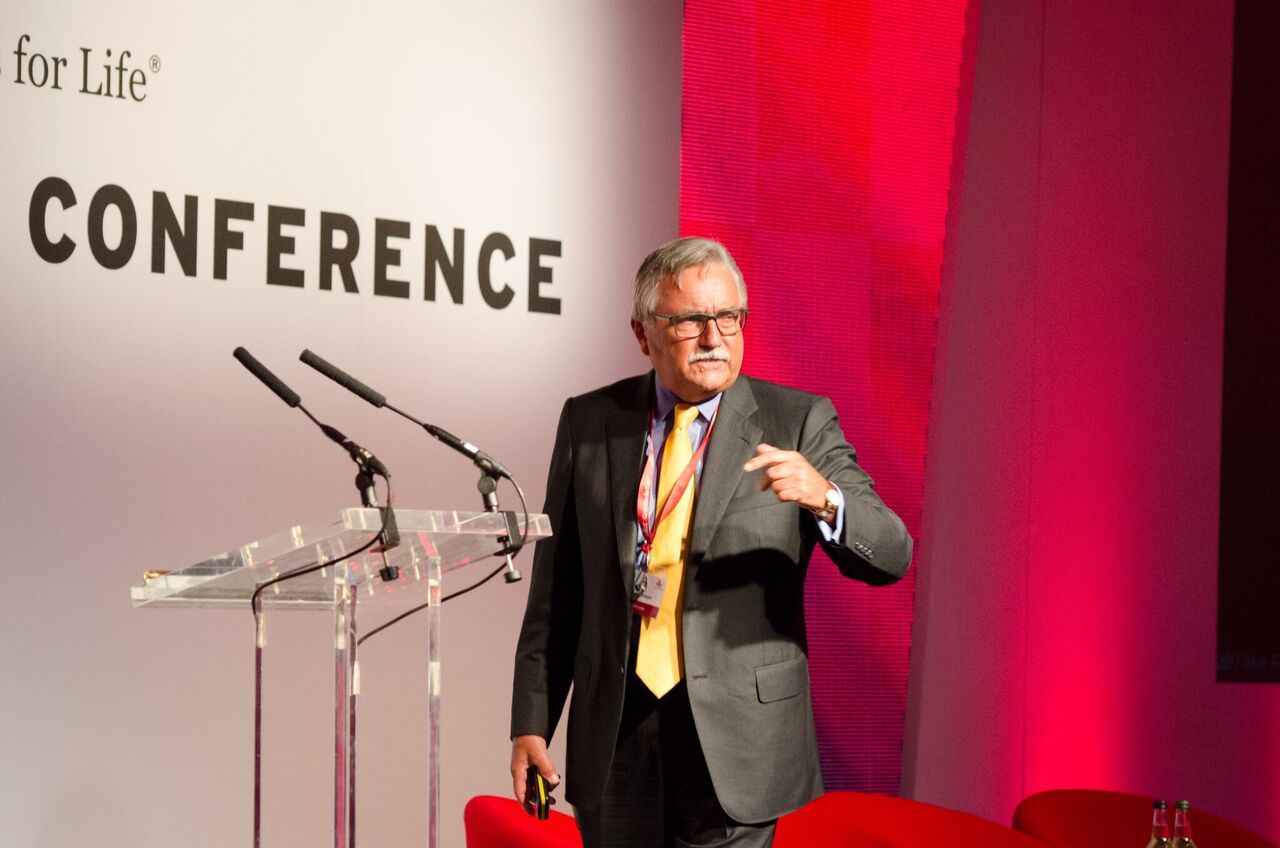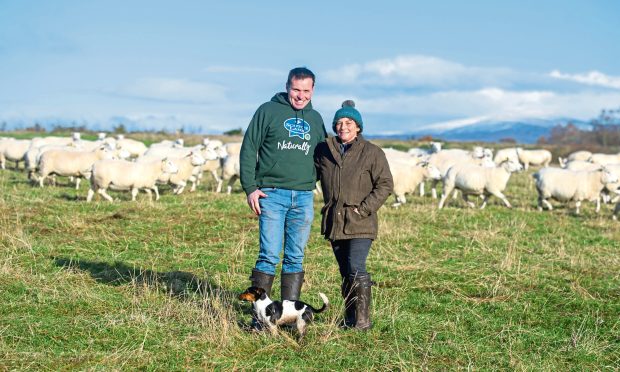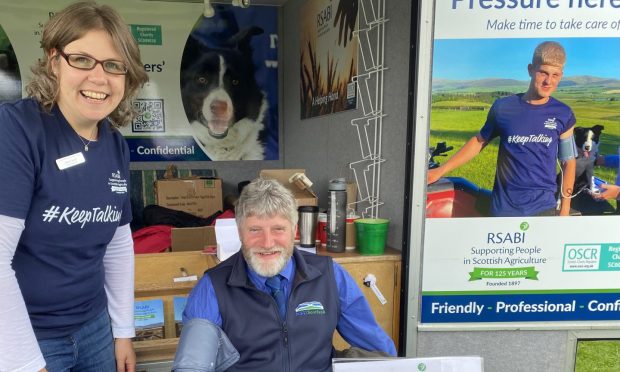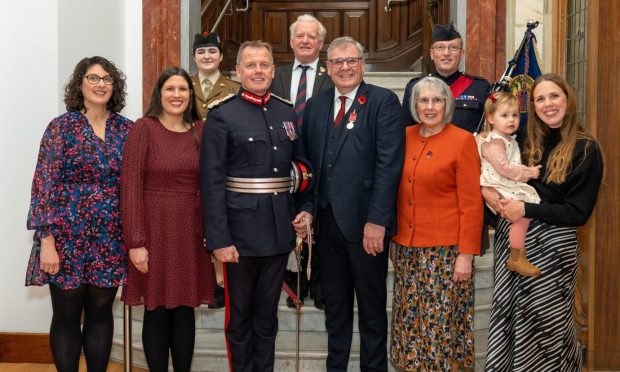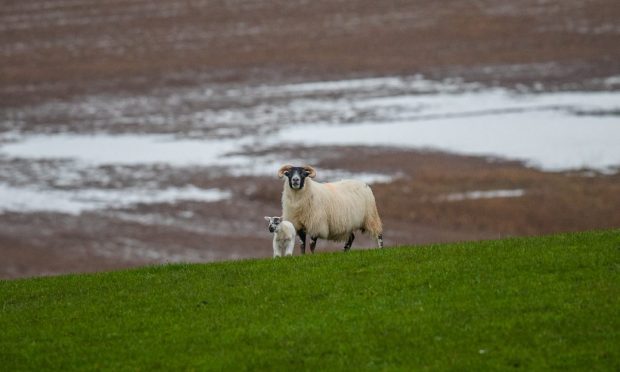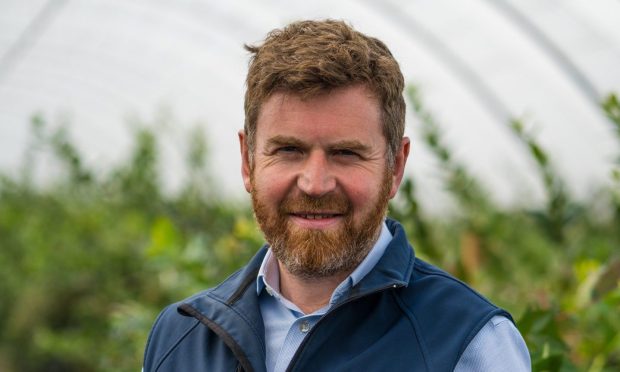The UK’s best known agricultural economist has predicted that Britain is ultimately unlikely to walk away from Europe.
Speaking at a dairy conference in Glasgow, Professor Sean Rickard poured scorn on the Government’s claims that it could negotiate a special deal with Europe and said that of all the industries that would be affected by Brexit, farming would be the hardest hit.
He went on to predict Scotland’s sheep industry would be “flattened” if trade had to take place outside the single market.
“I can tell you one thing with absolute certainty. They (the UK) will never, anywhere in the world – whether it’s America, Brazil or China – get any deal that’s as good as what they currently have with the single market. And Europe can’t give us the single market if we walk away because that’ll just invite the next country to leave,” he said.
“Brexit is far from a done deal and over the next 4-5 years I won’t be surprised if we don’t walk away from Europe.”
Prof Rickard insisted Britain needed to adopt a transitional arrangement like the European Economic Area (EEA), because any overnight move to World Trade Organisation rules would be like “jumping off a cliff” and would hit the farming industry particularly hard.
“If they really want to smooth the transition they need to go for an EEA agreement which more or less leaves everything as it currently is but leaves us free to talk to other countries about trade deals, and we’re free to leave Europe at a time of our choosing. The political difficulty would be free movement of labour because that goes with it,” he said.
Prof Rickard went on to criticise Defra Minister George Eustice for talking about a designing a new farming policy when he “didn’t have a clue” about what the future trading environment would be. It was, he agreed, like putting the cart before the horse.
“They tell us Brexit gives us the opportunity to put in place a policy that suits Britain. But if they can’t tell us what that is trading environment is going to be they can’t finesse policy,” he said.
“I heard George Eustice say ‘we have a trade deficit with Europe, they’re decent people, so they’ll do a deal with us’. That is a complete misunderstanding of our European partners. They are much more wedded to the European project than we are.”
